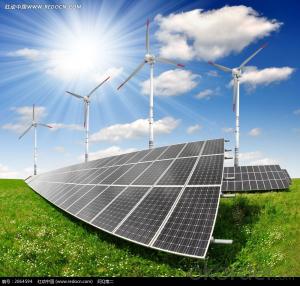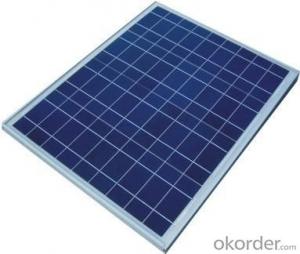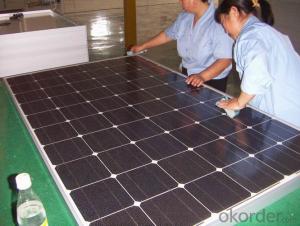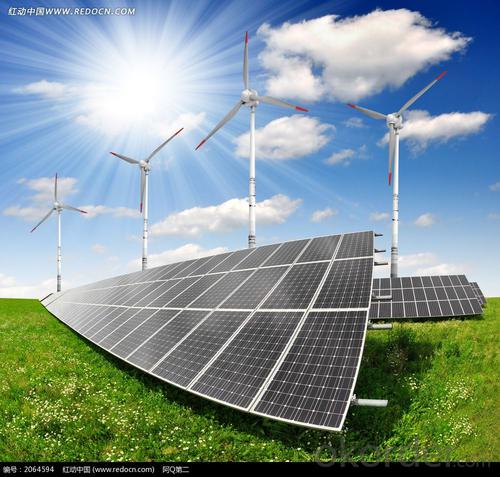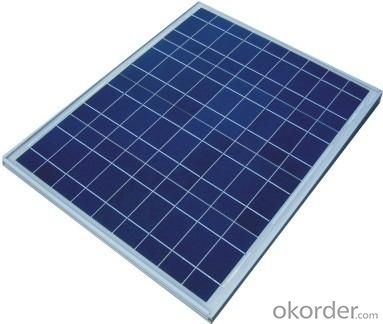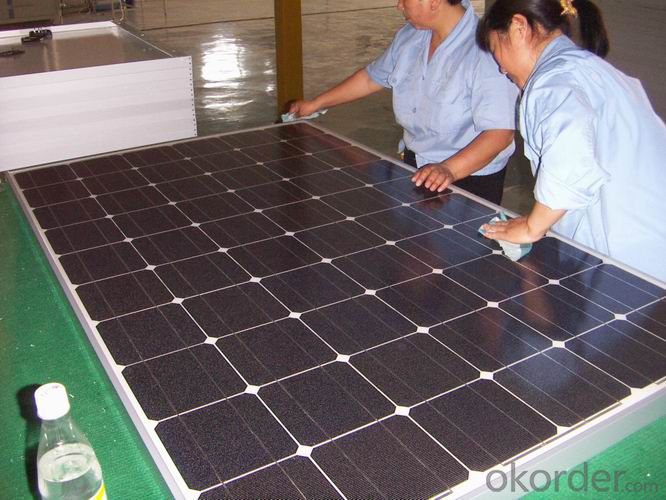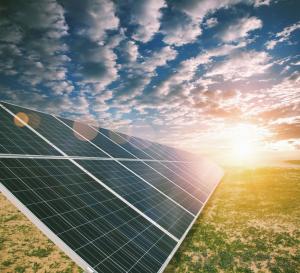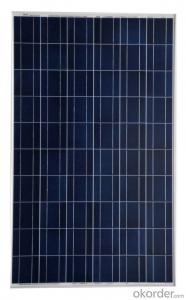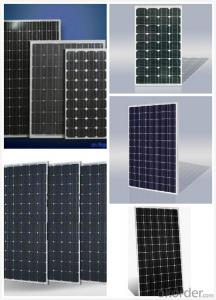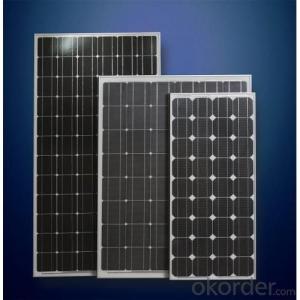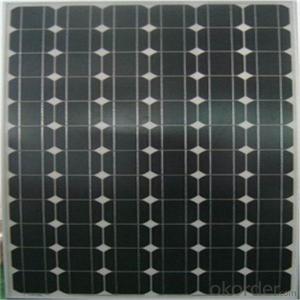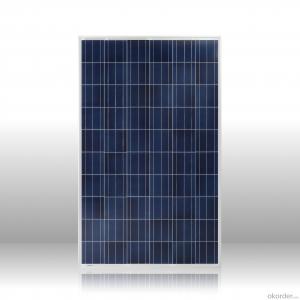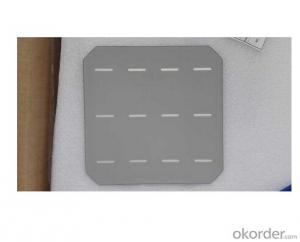Solar Panels in Rochester:PV Solar Module 250W with High Efficiency for Home Use
- Loading Port:
- China main port
- Payment Terms:
- TT OR LC
- Min Order Qty:
- 100 pc
- Supply Capability:
- 10000 pc/month
OKorder Service Pledge
OKorder Financial Service
You Might Also Like
Quick Details
| Place of Origin: | Zhejiang, China (Mainland) | Brand Name: | CNBM | Model Number: | PS-M660250 |
| Material: | Monocrystalline Silicon | Size: | 1640*990*35mm | Number of Cells: | 60 pieces |
| Max. Power: | 250w | Pv panel cells: | Monocrystalline pv panel cells 156mm | Front Cover: | 3.2mm thick.low iron tempered glass |
| Frame: | Anodized aluminium alloy | Junction box: | IP65 Rated | Maximum system voltage: | 1000VDC |
| Connector: | MC4 compatible connector | Pv panel weight: | 20KG pv panel | Cable: | 1.2m |
| Max.Load: | 5400Pa on the pv panel | Tolerance: | 0/+3% |
Packaging & Delivery
| Packaging Details: | PV panel packing information: 28pcs. / box 20pcs. / pallet 560 pcs. / 40ft 602 pcs. / 40ft (H) |
| Delivery Detail: | Pv panel can be shipped within 15 days |
Specifications
1.Solar Module 250W
2.Good Quality with Best Price
3.25 Years Product Warranty
4.CE,TUV,UL Certificates
Product Name
High efficiency pv solar module 250W for home use
Solar panel Data
1.Solar Panel Descprition
PS-M660 Series solar panel is connected in series by 60 pieces of 156mm×156mm Mono Crystalline silicon cells. Includes 215W, 220W, 225W, 230W, 235W, 240W, 245W, 250W,255W.
2.Solar Panel Characteristics
1)Manufactured according to international quality and Environment Management
System (ISO9001, ISO14001)
2)High efficiency crystalline silicon solar cells
3)High transmission Iow iron tempered glass, strong mechanical resistance
4)Anti-ageing EVA and excellent anti-climate back sheet
5)Anodized aluminum frame improves load resistance capabilities for heavy wind loads.
6)Standard waterproof junction box
7)High endurance to different weather
8)Good and friendly package with less transportation and storage space.
3.Solar Panel Warranty
1)10 years limited manufacturing warranty
2)12 years for 90% of warranted minimum power
3)25 years for 80% of warranted minimum power
4.Solar Panel Electric Characteristics
| Cell Type | Mono Solar Cell 156mm*156mm | ||||
| Item | PS-M660240 | PS-M660245 | PS-M660250 | PS-M660255 | PS-M660260 |
| Power | 240W | 245W | 250W | 255W | 260W |
| Voc(V) | 37.1 | 37.5 | 37.7 | 38 | 38.2 |
| Isc(I) | 8.7 | 8.85 | 8.95 | 9.1 | 9.15 |
| Vm(V) | 30 | 30.3 | 30.5 | 30.6 | 30.7 |
| Im(I) | 8 | 8.09 | 8.20 | 8.33 | 8.42 |
| Cell Efficiency | 17.25% | 17.51% | 17.93% | 18.35% | 18.50% |
| Module Efficiency | 14.78% | 15.09% | 15.40% | 15.71% | 16.01% |
| Fuse | 15A | ||||
| System Voltage | 1000V | ||||
| Cell number | 60cells | ||||
| Module Size | 1640*990*35(mm) | ||||
| Tolerance | 0/+3% | ||||
| Weight | 17KGS | ||||
| Cable Length | 0.9m | ||||
| Connector | MC4 or compatible connector | ||||
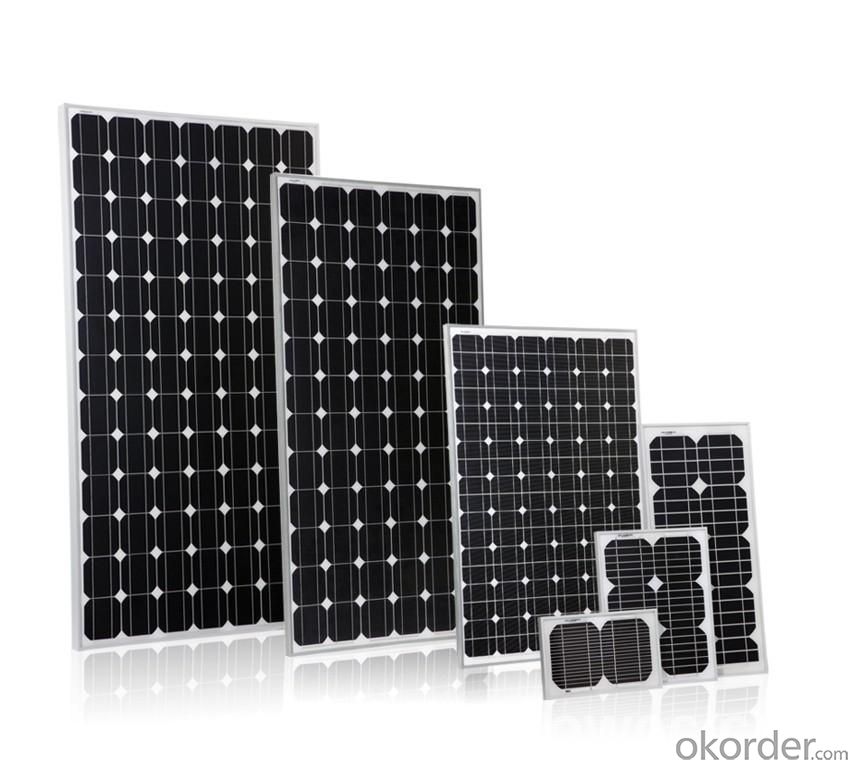
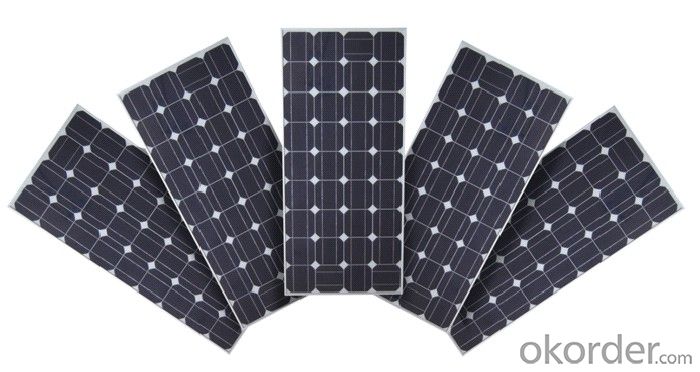
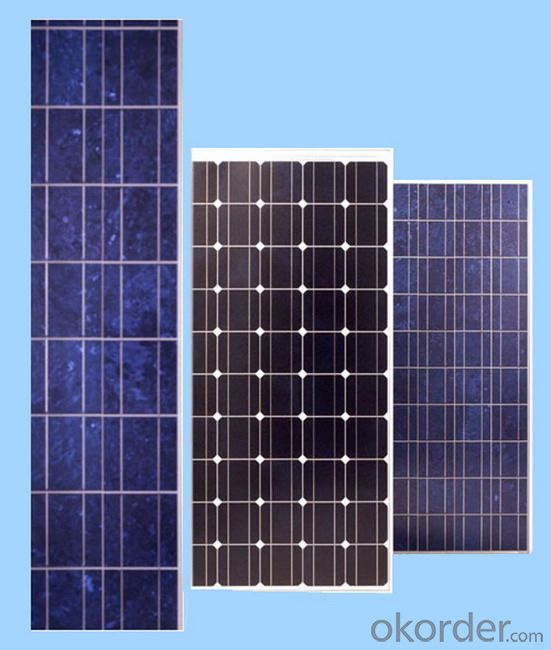
- Q: Can solar panels be used during a power outage?
- No, solar panels cannot be used during a power outage unless there is a battery backup system in place.
- Q: Can solar panels be installed on military installations?
- Yes, solar panels can be installed on military installations. In fact, many military bases around the world have started incorporating solar energy systems to reduce their dependence on traditional sources of energy and enhance their sustainability efforts. Solar panels not only help to decrease the environmental impact but also provide a reliable and secure source of electricity, making them an ideal choice for military installations.
- Q: Can solar panels be installed on a prison or correctional facility?
- Yes, solar panels can be installed on a prison or correctional facility. In fact, many correctional facilities have embraced solar energy as a way to reduce their carbon footprint and save on energy costs. Solar panels can be installed on rooftops, parking lots, or open areas within the facility, providing renewable and clean energy to power various operations within the prison. This not only helps in reducing greenhouse gas emissions but also allows prisons to become more self-sufficient and sustainable.
- Q: I have created a solar setup in my shed i have 2x.5w solar panels i am hoping to charge my 55ah car battery how long would it take to charge the battery and how many watts could i used a day
- To charge a 2V lead acid battery, you pretty much have to put almost 24V across it and it's only 50% efficient at charging so if your solar panel does put out 3W, you can expect 3/24/2 or /6th of an amp in usable charging. Therefore, from a flat battery, it would take 55*6 or 880 hours to charge the battery. If you assume about 6 hours of usable sunlight per day, that would be 47 days not taking into consideration the normal leakage that lead acid batteries have. It's quite likely that the leakage rate will be greater than the charging rate and the battery will never charge. You'll need a bigger solar panel.
- Q: Can solar panels be installed on remote or off-grid locations?
- Yes, solar panels can be installed on remote or off-grid locations. In fact, they are particularly suitable for such locations as they do not require a connection to the traditional power grid. Solar panels can generate electricity by harnessing sunlight, making them a reliable and sustainable energy source for remote areas.
- Q: Green issues aside, are solar panels worth it, monetarily speaking?I don't mean that my house might be worth more or any of that. All I am asking is this: if I invest in a set of solar panels, will the cost be paid back to me over time? If so, how long will it takegt;Take into account the following:. Currently I pay the electric company around $00 per month2. I use around 400 kilowats of energy per monthI realize that exact numbers are hard to come by, but any opinions are welcome.
- Build okorder
- Q: Can solar panels work in cloudy weather?
- Yes, solar panels can still generate electricity in cloudy weather. While their efficiency may be slightly reduced, they can still convert sunlight into usable energy even when the sun is not fully visible.
- Q: Can solar panels be installed on warehouses or industrial facilities?
- Yes, solar panels can definitely be installed on warehouses or industrial facilities. In fact, these large commercial buildings often have ample space on their roofs or surrounding areas, making them ideal locations for solar panel installations. By harnessing renewable energy from the sun, warehouses and industrial facilities can reduce their reliance on traditional energy sources, lower their electricity costs, and contribute to a more sustainable future.
- Q: Can solar panels be installed on mountain huts or lodges?
- Yes, solar panels can be installed on mountain huts or lodges. In fact, mountain huts and lodges are often ideal locations for solar panel installations due to their remote locations and ample access to sunlight. Solar panels can provide a sustainable and reliable source of electricity for lighting, heating, and powering various appliances in these mountainous areas.
- Q: Is this true in a dc system? What if my battery current is negative?
- complex task. browse in google and yahoo. that could help!
Send your message to us
Solar Panels in Rochester:PV Solar Module 250W with High Efficiency for Home Use
- Loading Port:
- China main port
- Payment Terms:
- TT OR LC
- Min Order Qty:
- 100 pc
- Supply Capability:
- 10000 pc/month
OKorder Service Pledge
OKorder Financial Service
Similar products
Hot products
Hot Searches
Related keywords
